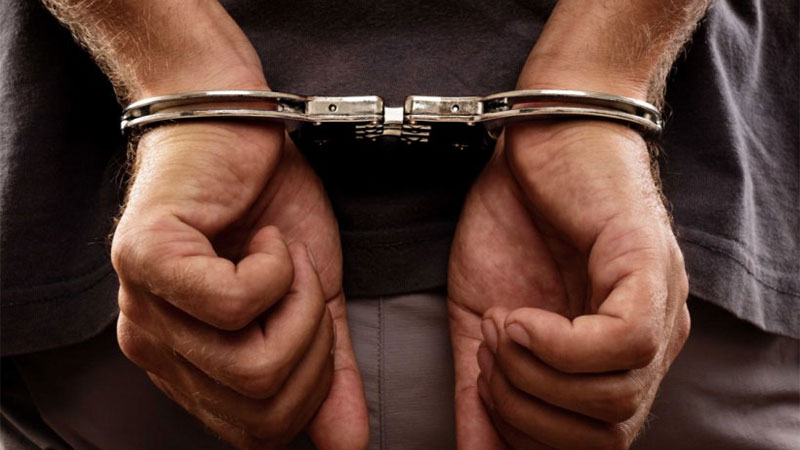Motherhood and intergenerational transfer of crime tendencies
We’ve all heard of crime families, but does crime indeed run in the family? Can a propensity for a life of crime be transmitted from one generation to another? Is it genetic or a question of bad role models? What role does the mother play in all this?

How much do parents influence their children’s criminal activity?
According to one Australian study, the risk of a person engaging in criminal acts is higher when that person had a father with a criminal record, as compared to the risk incurred by someone whose mother had a history of criminal activity.
For instance, in families where the father was involved in criminal activities the probability that a male child will have a criminal record is 48.5%. If the mother is the one involved in illegal activities, the risk that a son will engage in similar acts is only 33%.
If both parents have criminal records, there’s a high chance, 67%, their offspring will turn out the same.
On the other hand, if both parents are law-abiding citizens the risk of their children committing serious offences is 18%.
What these numbers mean is that even people coming from decent families can end up engaging in criminal activities, which can be put down to outside influences. However, having one or both parents involved in some type of criminal activities places their children at higher risk of doing the same.
How does a mother’s personality affect the future of a child
It is hard to say that someone is a natural born criminal and that it was written in their genes.
However, there is such a thing as a criminal background and the mother plays a crucial role. Much more than the father, it is the mother who is in charge of a child’s upbringing and nurturing. If the mother is distracted from her duties by her criminal activities, especially during a child’s formative years, this will have serious repercussions on that child’s future.
Most at risk are children born to very young, often unmarried mothers who grow up in an unstable environment. If the mother is also involved with drugs or is sent to jail, the child might end up being passed on from one relative to another, which causes a lot of suffering.
Worst off are the children of abusive mothers. In many cases, children abused by a violent mother grow up to have serious mental problems and they often resort to violence themselves.
In countries like Australia, most employment prospects require persons to present a national police certificate before they are placed in certain job roles. If a child’s upbringing has gaps and the mother herself has a criminal record, the odds are higher that the child will also follow the mother’s path, therefore hampering the child’s employment prospects to at least some degree. Generally, criminal records don’t show for persons aged 13 or under. Australian and New Zealand spent convictions legislation is also more forgiving for persons that committed a crime as a child. Further information about criminal record checks for persons under 18 and their results can be found here.
Bad education
Or better said, the lack of it. When a mother is involved in criminal activities she will spend very little time worrying over a child’s education. This type of mother will rarely bother with sending the child to school each morning and won’t keep track of homework or the kid’s grades.
In some cases, parents who deal in crime often involve their children in such activities from an early age and make no effort to hide what they’re doing from their offspring.
Monkey see, monkey do. Criminals might neglect their children’s education, but that does not mean they don’t love them, in their own way. A child born in such a family will grow up to love his parents and won’t see or they will refuse to acknowledge that what they do is wrong. On the contrary, they will want to be just like their parents.
